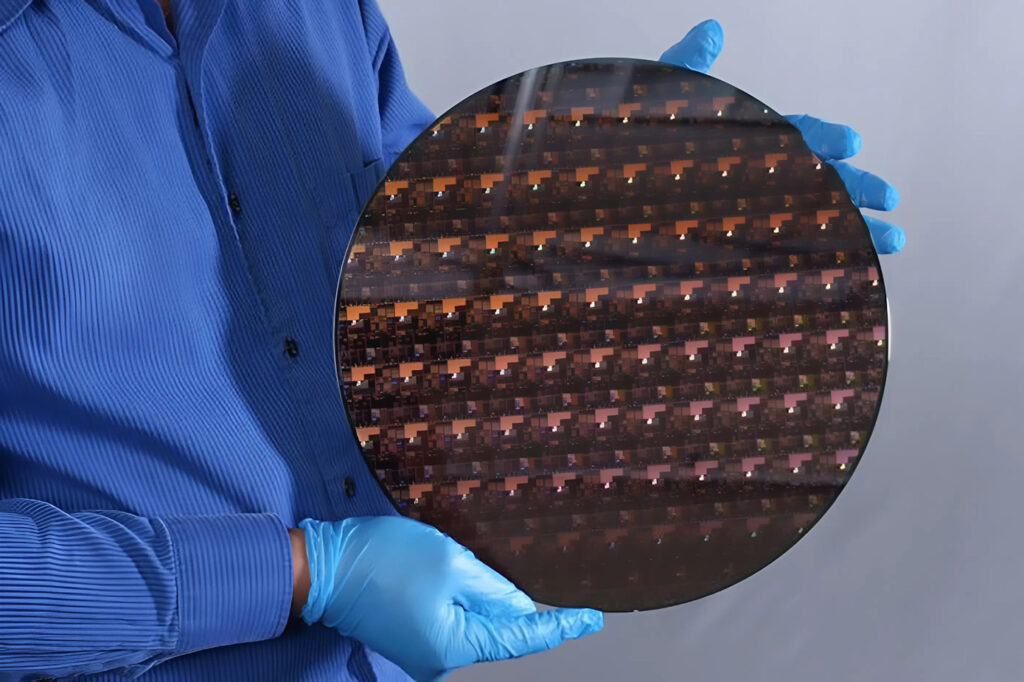Samsung is making bold moves to challenge industry leader TSMC in the advanced semiconductor manufacturing race. According to recent reports citing supply chain sources, Samsung has launched a “selection and focus” strategy aimed at significantly improving the yield of its upcoming 2nm process node. The company hopes to leverage higher production volumes and better cost efficiency to directly compete with TSMC’s dominance in the market.
Concentrating resources to perfect 2nm technology
Samsung estimates that the demand for 2nm chips will continue for at least three years. Learning from the setbacks experienced during its 3nm node development, Samsung is dedicating its efforts to enhance chip thermal management, stability, and overall performance for the 2nm process.
The company is currently constructing production lines for the 2nm process in its Pyeongtaek campus and nearby facilities. To ensure focus on yield improvement, Samsung has decided to postpone the mass production of its 1.4nm process, originally scheduled for 2027, until 2029.
GAA transistor technology to boost stability
Samsung’s Gate-All-Around (GAA) transistor design, already a key feature in their 3nm process, will play a critical role in the 2nm node as well. This advanced transistor architecture is expected to bring significant improvements in power efficiency and performance consistency, further stabilizing the chip manufacturing process.
Yield comparison and ambitious goals
Current industry reports reveal that the yield rates for the 2nm nodes from major foundries vary considerably: TSMC’s N2 process stands at about 65%, Intel’s 18A process at 55%, and Samsung’s SF2 process currently at around 40%. Samsung’s internal target is to raise its 2nm yield to an impressive 70%, surpassing competitors and marking a major milestone for the company.
Next-gen process and future plans
Samsung has largely completed the design of its second-generation GAA process and is actively researching the third generation, referred to as “SF2P+.” The company plans to implement these advancements within the next two years, further pushing the limits of semiconductor technology.
While the path to production excellence is difficult, Samsung’s continuous improvements in lithography and manufacturing techniques suggest a promising future. Demand for chips produced at the 2nm node is expected to grow substantially over the next four years, making Samsung’s efforts crucial for maintaining competitiveness in the global semiconductor market.
Source: ITHome


 Erencan Yılmaz
Erencan Yılmaz

